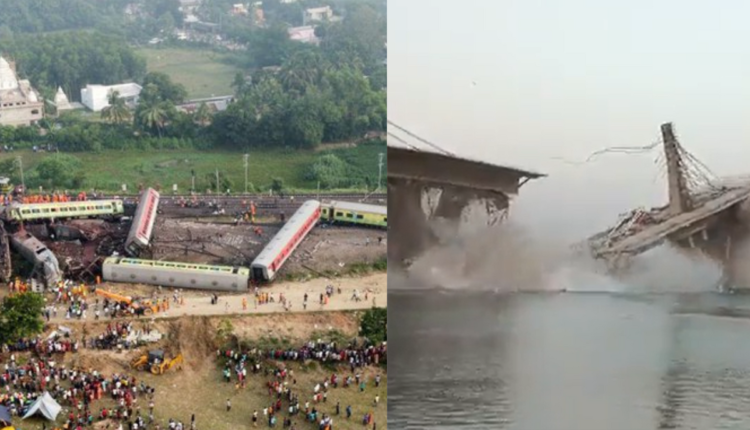Tragedy Strikes: Corruption and Infrastructure Failures in India
India, a country known for its vibrant culture and diverse heritage, has long struggled with the dark shadows of corruption and messy politics. Recent tragedies, including a devastating train crash that claimed the lives of 300 individuals, and the second collapse of a bridge in Bihar state within a span of two years, have once again thrust the nation into the spotlight. These incidents serve as painful reminders of the deep-rooted issues that plague India, igniting debates and raising crucial questions about the nation’s future.
Corruption: A Cancerous Blight
Like an insidious disease, corruption has penetrated various spheres of Indian society, crippling progress and hindering development. From high-ranking officials to grassroots politicians, the allure of power and wealth has seeped into the fabric of governance. Bribery, embezzlement, and nepotism have become all too common, eroding trust and undermining the very foundations of a just society.
Political Turmoil: A Never-Ending Saga
India’s political landscape, often marred by divisive rhetoric and power struggles, presents a disheartening picture of governance. Factionalism, horse trading, and opportunistic alliances have taken precedence over the welfare of the people. The inability to form stable governments and the constant turmoil hinder the implementation of long-term policies and initiatives.
Infrastructure Neglect: A Tragic Consequence
The tragic incidents of the train crash and bridge collapse are stark reminders of the crumbling infrastructure in India. Poor maintenance, lack of oversight, and rampant corruption have transformed vital lifelines into death traps. The lives lost and the anguish suffered by countless families demand urgent attention and a thorough overhaul of India’s infrastructure management.

